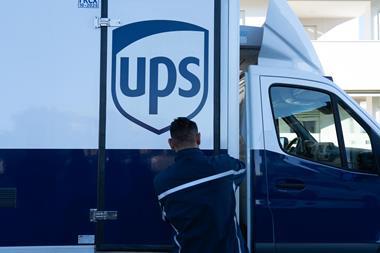Emirates SkyCargo is continuing to facilitate supply chains across the globe, which are under pressure due to the ongoing coronavirus pandemic.
The carrier has implemented initiatives to transport essential cargo such as pharma products, medical supplies and perishables around the globe.
From mid-January to mid-March this year, Emirates SkyCargo transported more than 225,000 tons of cargo — 13,000 tons of which was pharma cargo, and 55,000 tons of which was food items including fruits, vegetables, meat and seafood, on its freighter aircraft and in the bellyhold of its passenger aircraft.
The carrier is also operating its fleet of 11 freighter aircraft on an increased number of scheduled flights, as well as on additional ad hoc and charter flights, in order to meet increased demand for airfreight capacity on a global scale.
Over the past two months, Emirates SkyCargo's freighter fleet transported more than 50,000 tonnes of cargo including medical and food supplies. During one charter operation, Emirates SkyCargo transported almost half a million units sanitisers on a Boeing 777 freighter aircraft.
U-Freight: Innovative thinking is key to keep supply chains moving
Frankfurt Cargo Services (FCS) helps Germany’s fight against Covid-19
BUD welcomes Suparna freighter with medical supplies from China
Emirates SkyCargo said it had ensured "the constant supply and replenishment of food products and medicines in Singapore". Over the past two weeks, Emirates SkyCargo has operated seven freighter flights from Singapore.
The carrier also ran ad-hoc freighter services to destinations including Seoul, Taipei, Frankfurt, Milan and Casablanca.
Nabil Sultan, divisional senior vice president of Emirates SkyCargo, explained: “By operating our freighter fleet at full capacity with a combination of scheduled and ad-hoc operations, we are making sure that we can maintain the flow of goods such as medical and pharmaceutical supplies, equipment and food items to destinations where they are most needed across the world.”
Sultan added, “We’re also looking at more new and innovative ways to best serve our customers and the global markets and will continue to communicate with our customers on a daily basis to ensure our services are optimized to best support their needs in these challenging times.”










